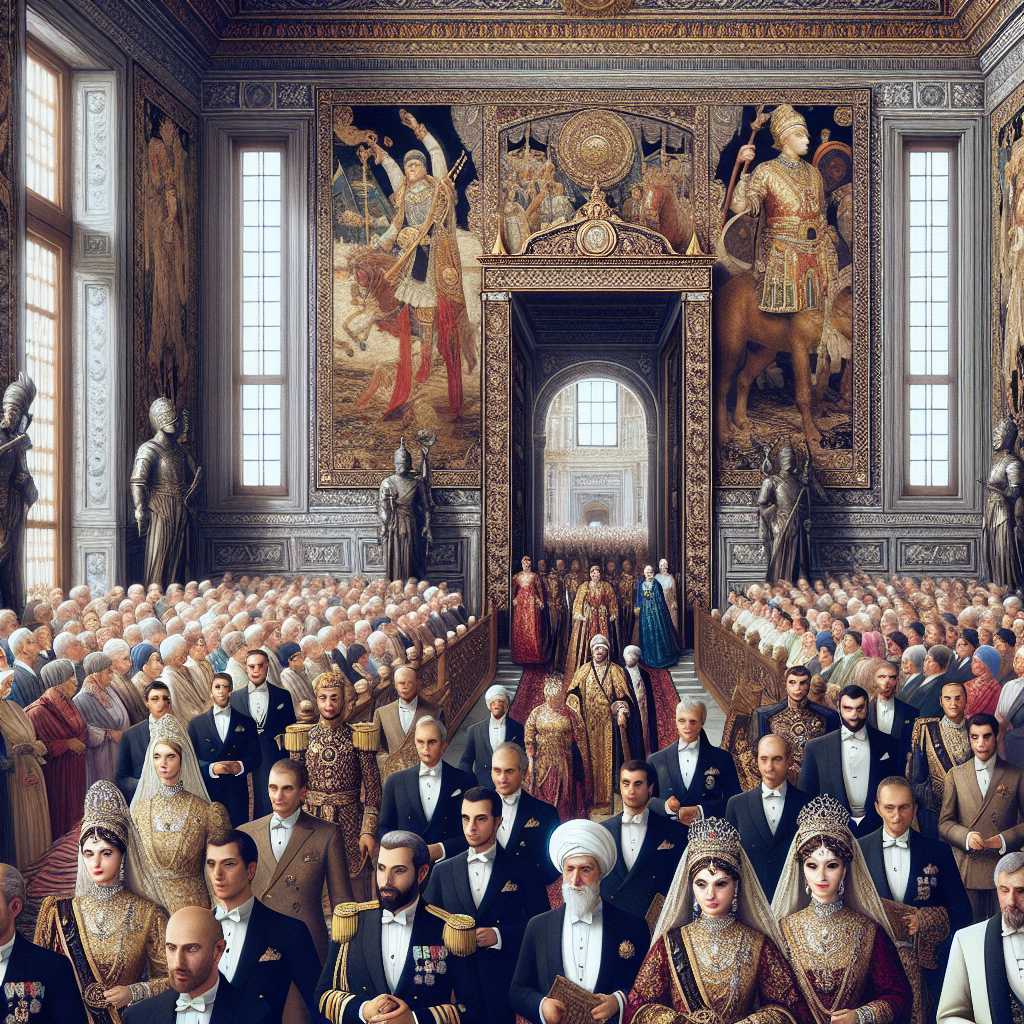The Regal Realms of Royalty: A Global Overview
Royalty, with its deeply rooted history in societies across the world, continues to captivate and intrigue. From the ceremonious pomp and protocol of Britain to the imperial traditions of Japan, monarchies offer a unique blend of cultural heritage and contemporary influence. This article delves into the role and relevance of royal families in modern governance, their societal contribution, and the ongoing discourse on monarchy’s place in the 21st century.
Historical Evolution of Monarchies
Monarchies have been a form of governance since ancient times, with kings and queens wielding absolute power over their territories. From hereditary rule through divine right in medieval Europe to the pharaohs of Egypt believed to be gods in human form, the scope of monarchical influence has been vast.
Over the centuries, monarchies have evolved. Many have dissolved or transitioned from ruling powers to constitutional roles, where they exist as symbols of national identity and unity rather than holding real political power. The passage from absolute to constitutional monarchy in countries such as the United Kingdom, Sweden, and Spain illustrates how royalty has adapted to the democratic demands of the times.
Cultural Significance of Royal Families
Royal traditions maintain a strong cultural significance within nations that retain their monarchies. Ceremonies like coronations, weddings, and state funerals are watched by millions worldwide. The pomp and circumstance associated with these events often reflect a nation’s historical continuity and values.
Apart from traditional ceremonies, monarchy also influences areas like fashion, language, and humanitarian interests. The patronage provided by royal figures to various causes can bring attention to issues that may otherwise go unnoticed.
Royalty in Modern Governance
Many contemporary monarchies operate under a constitutional system where the sovereign is the state’s ceremonial figurehead while elected officials handle actual governance. It creates a structure in which the Monarch is tasked with apolitical duties such as opening parliament sessions, recognizing achievements through honors systems, and representing their countries on the global stage.
In these systems, royalty’s role is often debated. On one hand, some argue it maintains stability and continuity within government. On the other, critics claim that even ceremonial monarchies are outdated and inconsistent with modern democratic ideals.
The Economic Impact of Royalties
Royal estates are frequently hotspots for tourism which can lead to a significant economic impact. The British Royal Family’s residences draw millions of tourists annually. Costs associated with maintaining royal households, however, are subject to scrutiny with debates measuring their economic contributions against their taxpayer-funded expenses.
It’s worth noting that some royal families hold considerable private wealth, independently contributing to investments and philanthropy. These assets further contribute to their nations’ economies beyond tourism and state funding examinations.
Public Perception of Royal Figures
Public opinion about royalty waxes and wanes with societal tides. Royal figures often embody national character and pride or become focal points for public discontent when scandals emerge or when the cost versus benefit of their existence comes under scrutiny.
The media plays a substantial role in shaping perceptions of royals—ranging from respectful coverage of royal duties to intimate scrutiny into private lives. This coverage influences public conversations about whether such figureheads match up with contemporary norms and sensibilities regarding equality, meritocracy, and democracy.
Growing Republican Movements
In some realms, republican movements advocate for the abolition of the monarchy altogether. These movements argue for a shift towards an elected head of state without ties to hereditary privilege or past imperial legacies. They highlight that true democratic representation should not include unelected sovereigns.
The debates around royal financial privileges versus public funds also fuel republican sentiments. Advocates for republicanism often frame their arguments around democratic ideals and fairness concerning public expenditures.

